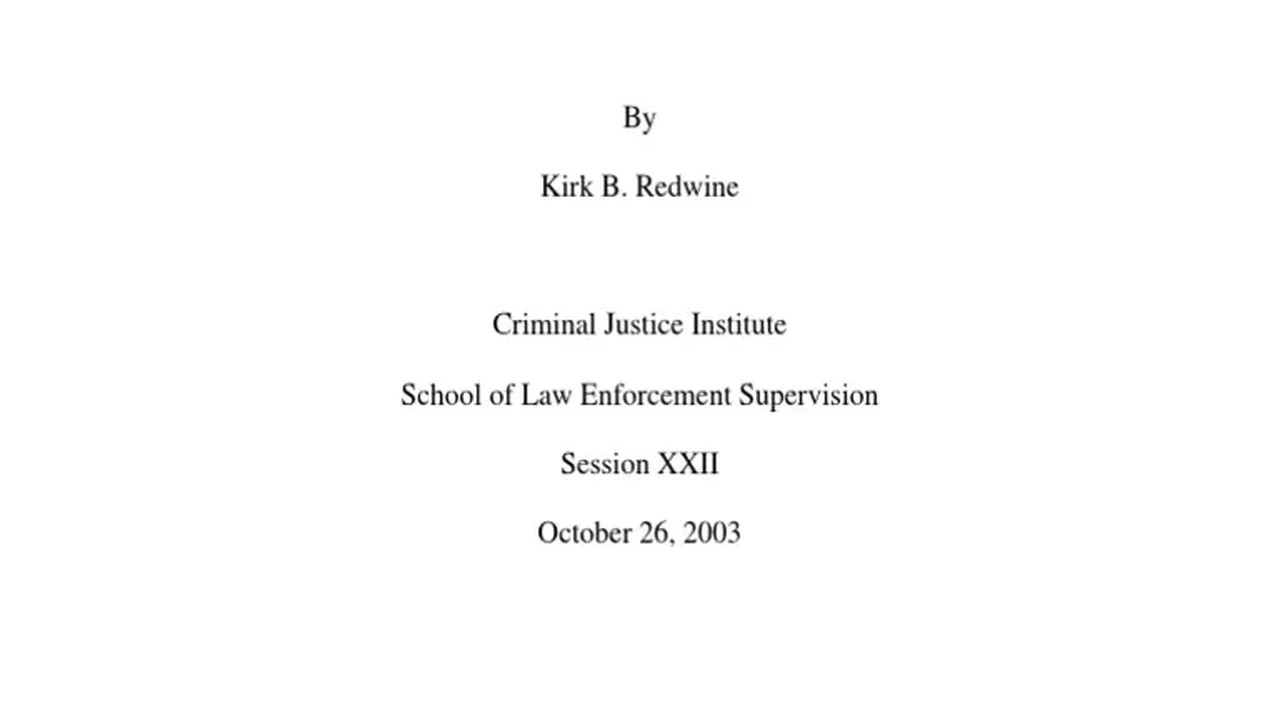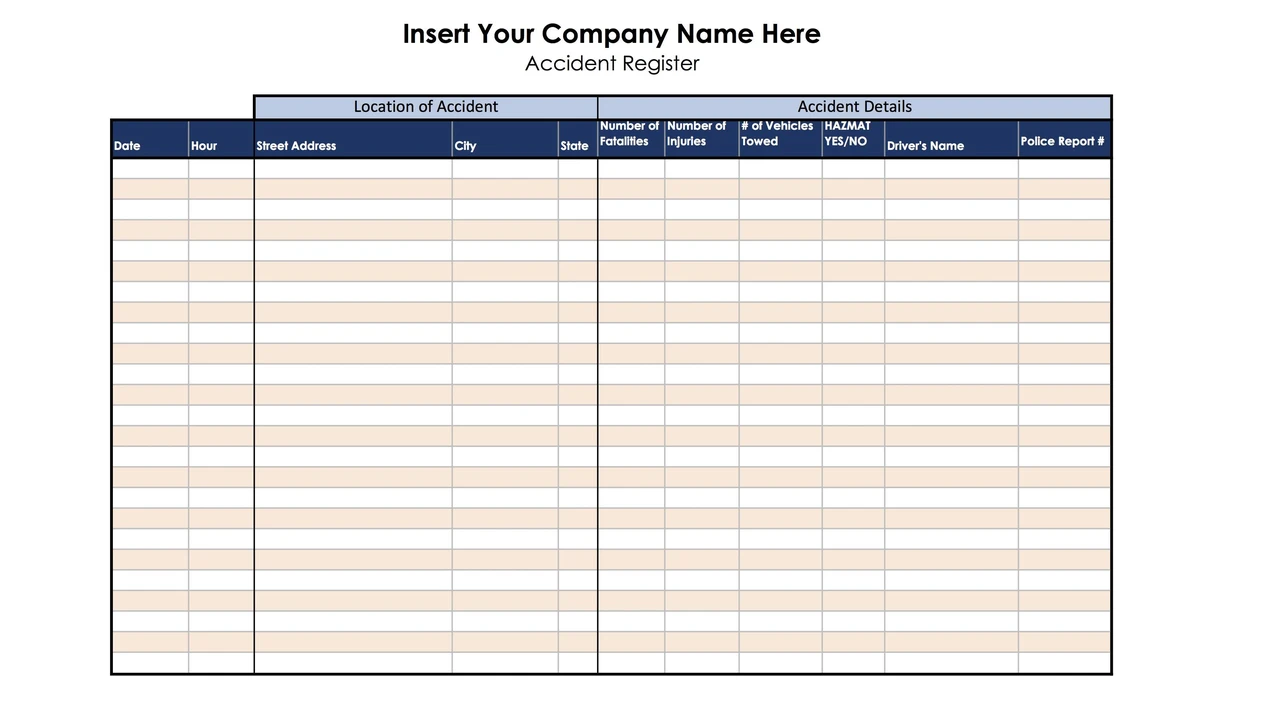Collecting Your Judgment: Getting Paid After Winning Your Case

Understanding the Judgment What It Means and Your Rights (Judgment Enforcement Basics)
Okay, so you've won your case! Congratulations! You've got that piece of paper, the judgment, declaring you the victor. But hold on a second, the battle isn't quite over. That judgment is just a piece of paper...until you actually get paid. Think of it like a winning lottery ticket – it's worthless until you cash it in. This is where collecting your judgment comes in, and it can sometimes be the most challenging part of the entire legal process. We're talking about judgment enforcement, and it's all about turning that legal victory into cold, hard cash. Your rights are crucial here. You have the right to pursue the debt owed to you, but you also have to follow the rules. Knowing these rules is key.
Locating the Debtor's Assets Finding Where They're Hiding Their Money (Asset Search Strategies)
First things first, you need to know where the debtor's assets are. Are they rolling in dough, or are they cleverly hiding it? This is where some detective work comes in. We're talking about asset search strategies. You can start with the basics: Does the debtor own a house? Do they have a job? Do they have a bank account? Public records can be your friend here. You can often search property records online to see if they own any real estate. You can also try to find out where they work. Social media can sometimes be surprisingly helpful too – people often brag about their purchases online. If you’re feeling really ambitious (and have the budget), you can hire a private investigator. They have access to databases and resources that you don't, and they can often uncover assets that would otherwise be hidden. Remember, the more you know about the debtor's financial situation, the better your chances of getting paid.
Garnishing Wages Taking a Cut of Their Paycheck (Wage Garnishment Rules)
One of the most common ways to collect a judgment is through wage garnishment. This involves taking a portion of the debtor's paycheck each month until the debt is paid off. There are wage garnishment rules that vary by state, so it's important to know the laws in your area. Generally, there are limits on how much you can garnish. You can't take everything! The debtor needs enough money to live on. To garnish wages, you'll typically need to get a court order. This usually involves filing some paperwork with the court and serving it on the debtor's employer. The employer is then legally obligated to withhold a portion of the debtor's wages and send it to you. It can be a slow process, but it's a reliable way to get paid over time.
Levying Bank Accounts Seizing Their Savings (Bank Levy Process)
Another option is to levy a bank account. This involves seizing the money in the debtor's bank account. The bank levy process also requires a court order. You'll need to know which bank the debtor uses and the account number (or at least a close approximation). This can be tricky to find out, but you can sometimes get this information through the discovery process in court. Once you have the court order, you can serve it on the bank. The bank will then freeze the account and send you the money, up to the amount of the judgment. Be aware that there may be exemptions that protect certain funds in the account, such as Social Security benefits.
Placing Liens on Property Securing Your Claim (Property Lien Basics)
If the debtor owns real estate, you can place a property lien on it. This means that you have a legal claim against the property. When the debtor sells the property, you'll get paid out of the proceeds. There are different types of liens, but a judgment lien is specifically based on a court judgment. To place a lien, you'll typically need to record a copy of the judgment with the county recorder's office. This puts the world on notice that you have a claim against the property. The property lien basics are relatively straightforward, but it's always a good idea to consult with an attorney to make sure you're doing everything correctly.
Selling Seized Assets Auctioning Off Their Stuff (Asset Seizure and Sale Procedures)
In some cases, you can actually seize the debtor's personal property and sell it at auction. This is a more drastic measure, but it can be effective if the debtor has valuable assets. The asset seizure and sale procedures are usually governed by state law. You'll typically need to get a court order authorizing the seizure. Then, you'll need to hire a sheriff or other law enforcement officer to actually seize the property. The property will then be sold at auction, and you'll get paid out of the proceeds. This can be a time-consuming and expensive process, but it can be worth it if the debtor has valuable assets that they're unwilling to give up.
Using Third-Party Collection Agencies Hiring the Professionals (Debt Collection Agency Services)
Sometimes, the easiest way to collect a judgment is to hire a professional. Debt collection agency services can take the burden off your shoulders. They have experience in tracking down debtors and collecting debts. They also have access to resources that you don't, such as skip tracing services and credit reporting agencies. Collection agencies typically charge a percentage of the amount they collect, so you'll only pay if they're successful. It's important to choose a reputable collection agency with a good track record. Do your research and read reviews before hiring anyone.
Negotiating a Payment Plan Working Out a Deal (Debt Settlement Strategies)
Sometimes, the best approach is to work with the debtor to come up with a payment plan. This can be a win-win situation for both parties. You get paid, and the debtor avoids having their wages garnished or their assets seized. Debt settlement strategies involve negotiating the terms of the payment plan. You might be willing to accept a lower amount than the full judgment in exchange for a guaranteed payment schedule. It's always a good idea to get any payment plan agreement in writing.
The Importance of Legal Counsel When to Hire a Lawyer (Judgment Enforcement Attorneys)
Collecting a judgment can be a complex process, and it's always a good idea to consult with an attorney. Judgment enforcement attorneys can advise you on the best course of action and help you navigate the legal system. They can also represent you in court if necessary. Even if you're comfortable handling some of the process yourself, it's a good idea to have an attorney review your paperwork and make sure you're doing everything correctly. The cost of an attorney can be well worth it if it means getting paid the money you're owed.
Product Recommendations for Asset Searching and Debt Collection (Tools for Judgment Recovery)
Alright, let's talk about some tools that can help you on your quest for judgment recovery. These are not endorsements, but rather examples. Always do your own research and consult with professionals before making any decisions.
LexisNexis Accurint (Comprehensive Asset Search)
Description: LexisNexis Accurint is a powerful tool used by professionals for in-depth asset searching. It provides access to a vast database of public and private records, including property ownership, vehicle registrations, business affiliations, and more. It's like having a super-powered search engine at your fingertips.
Use Case: Imagine you're trying to locate a debtor's hidden bank accounts or real estate holdings. Accurint can help you uncover these assets by cross-referencing various data points.
Comparison: Compared to free online searches, Accurint offers a significantly more comprehensive and accurate picture of a person's assets. However, it's also much more expensive and generally requires a subscription.
Price: Varies depending on the subscription level and usage. Typically, it's a significant investment, often in the thousands of dollars per year.
TLOxp (Skip Tracing and Asset Location)
Description: TLOxp is another popular tool used for skip tracing and asset location. It's similar to Accurint but may offer different strengths in specific areas of data coverage.
Use Case: If the debtor has moved and you're having trouble finding them, TLOxp can help you track down their current address and contact information. It can also help you identify potential assets they may own.
Comparison: TLOxp and Accurint are often compared head-to-head. The best choice depends on your specific needs and the types of data you're looking for. Some users find TLOxp to be more user-friendly.
Price: Similar to Accurint, TLOxp is a subscription-based service with pricing varying based on usage and features.
Collection Agency Software (Case Management and Automation)
Description: If you're managing multiple judgment collection cases, collection agency software can be a lifesaver. These programs help you track your progress, manage deadlines, and automate many of the repetitive tasks involved in debt collection.
Use Case: Imagine you're tracking dozens of debtors, each with their own unique payment plans and deadlines. Collection agency software can help you stay organized and avoid missing important deadlines.
Comparison: There are many different collection agency software options available, ranging from simple spreadsheets to sophisticated cloud-based platforms. The best choice depends on your budget and the complexity of your needs.
Price: Varies widely, from free (for basic spreadsheets) to hundreds or even thousands of dollars per month for advanced software.
Small Claims Court Software (DIY Legal Forms)
Description: If you're representing yourself in small claims court, software that provides pre-written legal forms and templates can be a huge help. These programs can save you time and ensure that you're using the correct forms.
Use Case: You're preparing to file a small claims lawsuit to collect a debt. Small claims court software can help you generate the necessary paperwork quickly and easily.
Comparison: Compared to hiring an attorney to prepare the forms, small claims court software is a much more affordable option. However, it's important to remember that the software can't provide legal advice.
Price: Typically relatively inexpensive, ranging from $50 to $200.
Credit Reports (Assessing Debtor's Financial Health)
Description: While you might not be able to directly access a full credit report without a permissible purpose, understanding the concept of a credit report and its influence is vital. A credit report provides a snapshot of a person's credit history, including their payment habits and outstanding debts.
Use Case: Although you might not get the report directly, knowing a debtor's creditworthiness can inform your collection strategy. A debtor with a good credit history may be more likely to prioritize paying their debts.
Comparison: Credit reports offer a broad view of financial responsibility, unlike single asset searches that focus on specific holdings.
Price: You, as the creditor, generally won't be purchasing these directly but understanding their role informs your strategy.
Dealing with Difficult Debtors Strategies for Handling Resistance (Debt Collection Negotiation Tactics)
Not everyone is going to be cooperative. You might encounter debtors who are resistant, argumentative, or even downright hostile. It's important to have a plan for dealing with these situations. Debt collection negotiation tactics can be helpful here. Stay calm and professional, even if the debtor is being difficult. Listen to their concerns and try to find common ground. Be willing to compromise, but don't give away the store. Know your bottom line and stick to it. If the debtor is completely unreasonable, you may need to consider taking legal action.
:max_bytes(150000):strip_icc()/277019-baked-pork-chops-with-cream-of-mushroom-soup-DDMFS-beauty-4x3-BG-7505-5762b731cf30447d9cbbbbbf387beafa.jpg)






